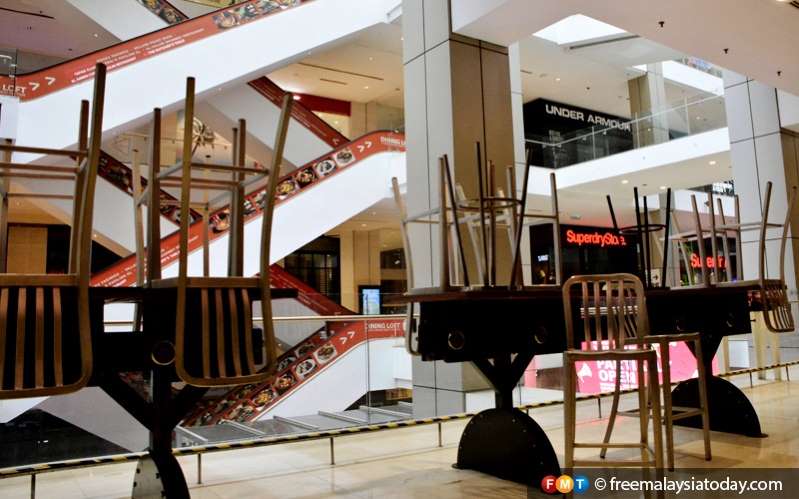PETALING JAYA | The country’s biggest federation of employers warns that a wave of retrenchments may be on the way as companies struggle to stay afloat in the wake of the economic pounding inflicted by the Covid-19 pandemic.
The Malaysian Employers Federation (MEF) said the retrenchments would likely occur just after Raya as bosses would try to keep their staff until then.
“The crunch will be coming after the celebration,” MEF executive director Shamsuddin Bardan told FMT.
He said MEF expects just over two million to lose their jobs, including fresh graduates and the 610,000 who became unemployed before March this year.
At the moment, he said, many employers were borrowing money or dipping into their savings to pay their staff’s salaries.
“Let’s be realistic,” he added. “We need new laws to help bosses deal with overheads.”
He gave the example of the employers’ share of Employees Provident Fund payments which he suggested be lowered from the current 11% to 5% instead.
He also proposed a fixed ceiling rate for pay cuts and flexible working hours as a compromise with workers unions who were against reductions in salaries and hours.
He said this would be in line with the push towards a “new normal” after Covid-19, adding that the burden of keeping overheads low and staff employed should be shared by everyone.
On efforts to get locals to take up jobs at places like the Selayang wet market in Kuala Lumpur, he said the government had been doing a good job of clearing migrant hot spots in the city centre.
He said the market was now cleaner and more attractive to locals.
“It feels much safer too,” he said, adding that there were up to 1,500 vacancies which locals could fill on either a part-time or full-time basis.
He acknowledged that it would be more expensive to hire locals but said it would save employers more money in the long run as they would not have to deal with levies and legal documents.
Traders at wet markets are paying workers about RM100 per day.
He said locals would also be more inclined to open shops in the city centre now, adding that they had previously stayed away from these areas due to concerns over the growing number of migrant workers there.









